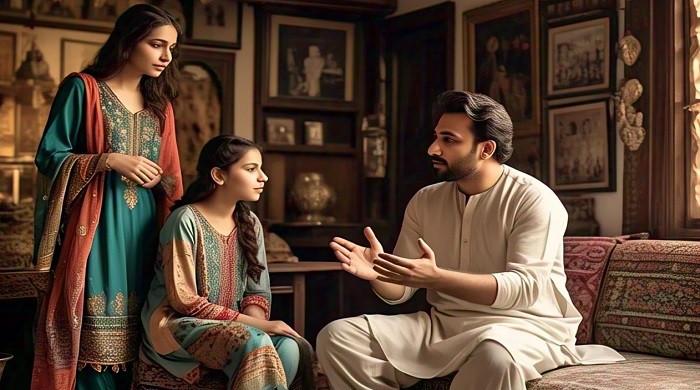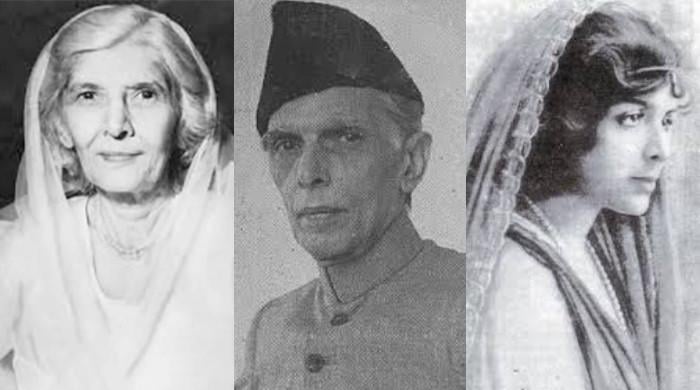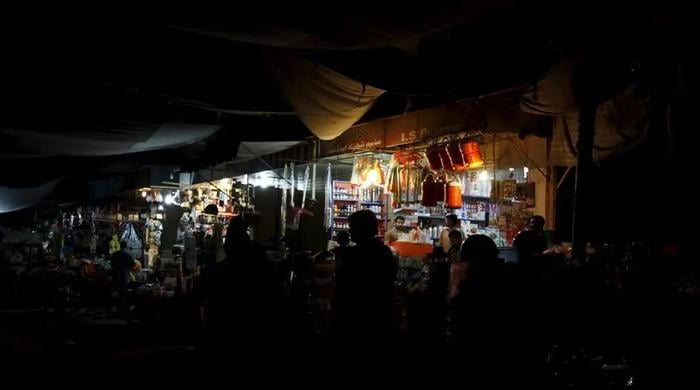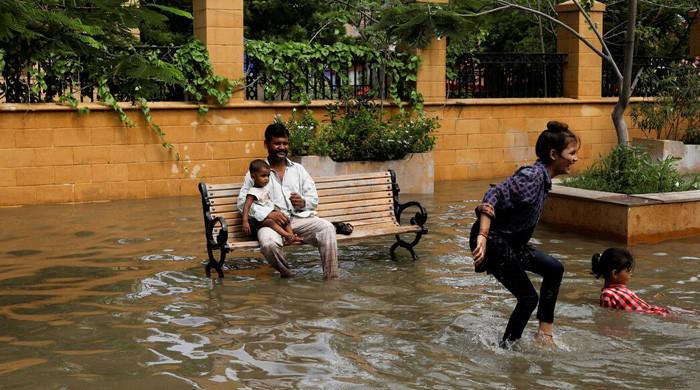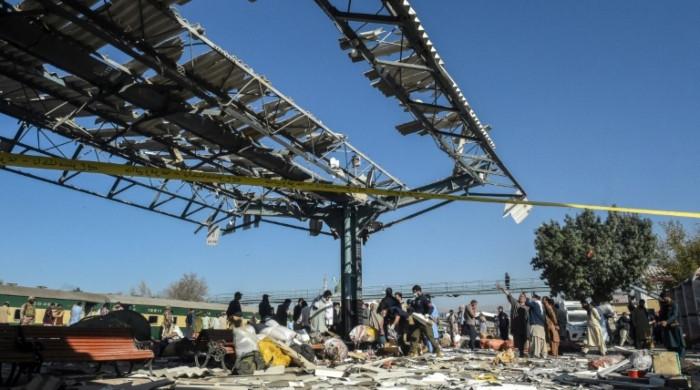Blog: Will Pakistan honour the heroes of the Great Wars?
A high percentage of soldiers from India were from Punjab of present-day Pakistan
November 16, 2017
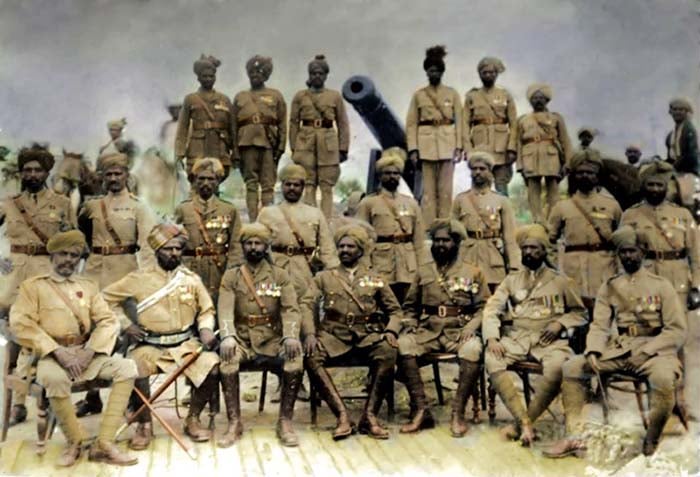
In the human tragedy that was the First World War (1914-1918), undivided India provided well over a million soldiers. Of these, about 400,000 were Muslim. For their extraordinary bravery, these soldiers were awarded 11 Victoria Crosses and 13,000 medals for gallantry. These men fought in all theatres of war across the world, from Mesopotamia to Egypt.
A high percentage of these soldiers were from the Punjab of present-day Pakistan. The ‘Punjabi Musalmans’ were described as being the ‘backbone’ of the British Indian Army. During the Second World War (1939-1945), the same region sent more soldiers to the battlefields. In fact, Punjab’s tradition of providing a recruitment ground for the armed forces hasn’t faded to date. Even today, excellent officers from the province are servicing the Pakistan Army.
After the first war, the British honoured three soldiers, from present-day Pakistan, for their gallantry. There was Subedar Khudadad Khan, of Dab Village in Chakwal, who served with the 129th Duke of Connaught’s Own Baluchis. He was recognized for his actions in Hollebeke, Belgium on Oct. 31, 1914. Even though badly injured, he held on to the machine gun as those around him were gunned down, delaying the progression of the enemy long enough for reinforcements to arrive. On January 25, 1915, at Buckingham Palace, he became the first Indian and the first Muslim to receive the Victoria Cross. King George V personally presented him with the medal.
The second recipient, Subedar Mir Dast from Tirah, North West Frontier Province, was with the 55th Cokes Rifles, Frontier Force (attached to the 57th Wilde’s Rifles). He received the honour for carrying back eight injured officers from the front line in April 1915, at Ypres, Belgium.
While, Subedar Shahamad Khan from Takhti, Rawalpindi, was part of the 89th Punjabis Regiment. In April 1916, he alone defended his machine gun position for many hours in Mesopotamia.
I must also mention the small village of Dulmial, near The Salt Range, between the green splendours of Kallar Kahar and the ancient temples of Katas. Dulmial sent 460 of its men to take part in the Great War, more than any other South Asian village. In recognition of this service, the village was asked what reward it would like to receive from the British Empire. After much deliberation, Captain Ghulam Mohammad, a lifelong artilleryman, requested a cannon. In 1925, a 12 pounder British cannon was duly delivered to the village where it stands to this day, attracting tourists and historians from across the globe.
It is baffling that such an impressive contribution made by soldiers from present-day Pakistan is often not remembered, not abroad, and not even at home.
For many, the military heritage of Pakistan runs deep. Two of my great grandfathers were part of World War I. My grandfathers were in the Burma Campaign in World War II. Even though most of these campaigns pre-dated the partition, I feel I am not alone in desiring that these soldiers of yesteryears be acknowledged and remembered for their extraordinary heroism. When November 11, dawns each year, and the world remembers the soldiers of the Great War in poignant tableaus on Remembrance Day, so too, should we.
However bittersweet our colonial past may be, it is still part of our heritage. On a recent visit to the Royal Sandhurst Military Academy, I was surprised to see the portraits of many Muslim soldiers. Within walking distance from the Queen’s Buckingham Palace is a large monument, including a pavilion and four pillars dedicated to the five million Commonwealth soldiers of the World Wars. Pakistan has its name inscribed there too.
I end with a quote from Martin Luther King Jr, “We are not makers of history. We are made by history.”
Dr Irfan Malik is a medical doctor working in the East Midlands, England.
Write for us! Send in your submissions to [email protected]
Note: The views expressed in the article are those of the author, and do not necessarily reflect the official policy or position of Geo News or the Jang Group.




